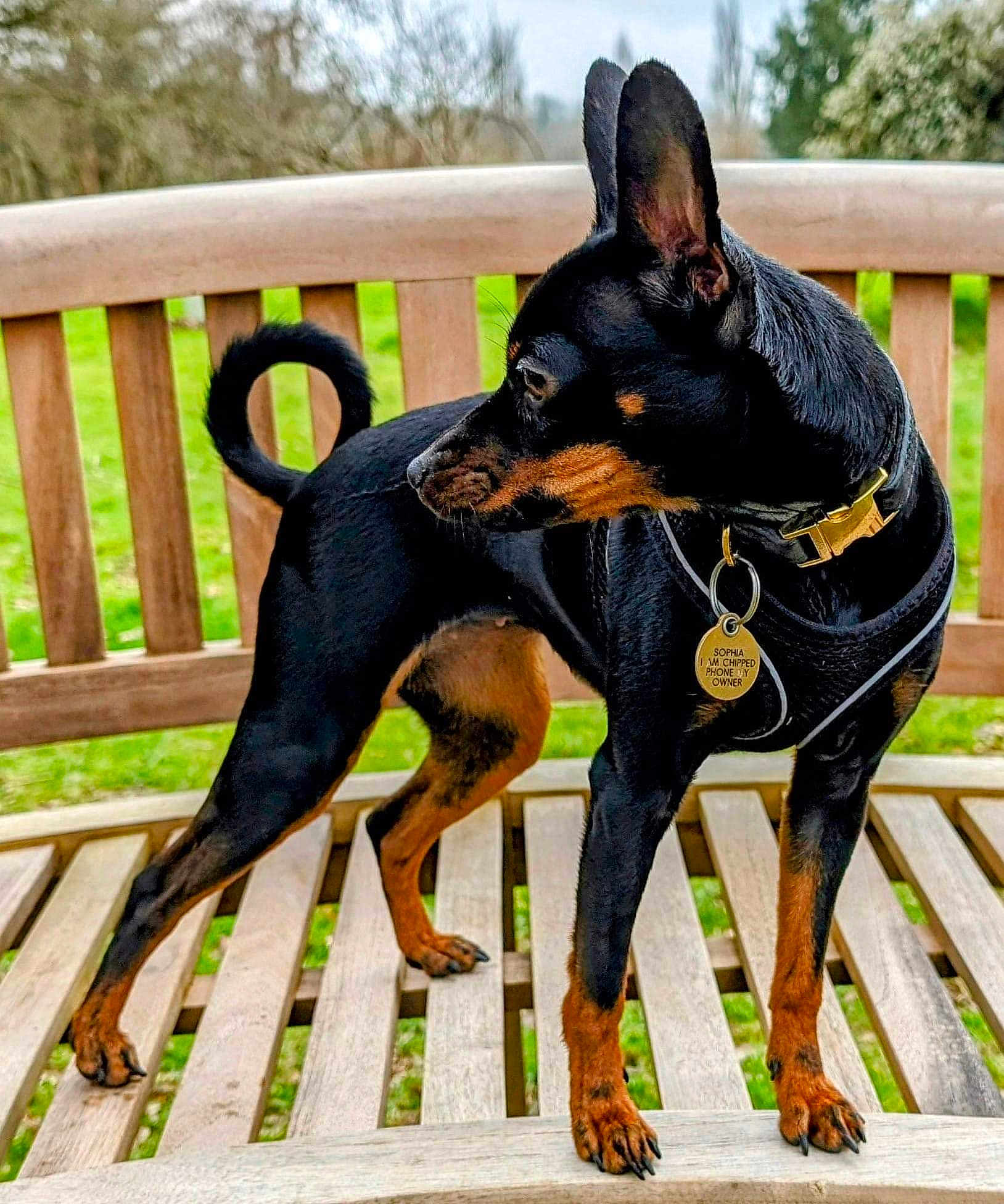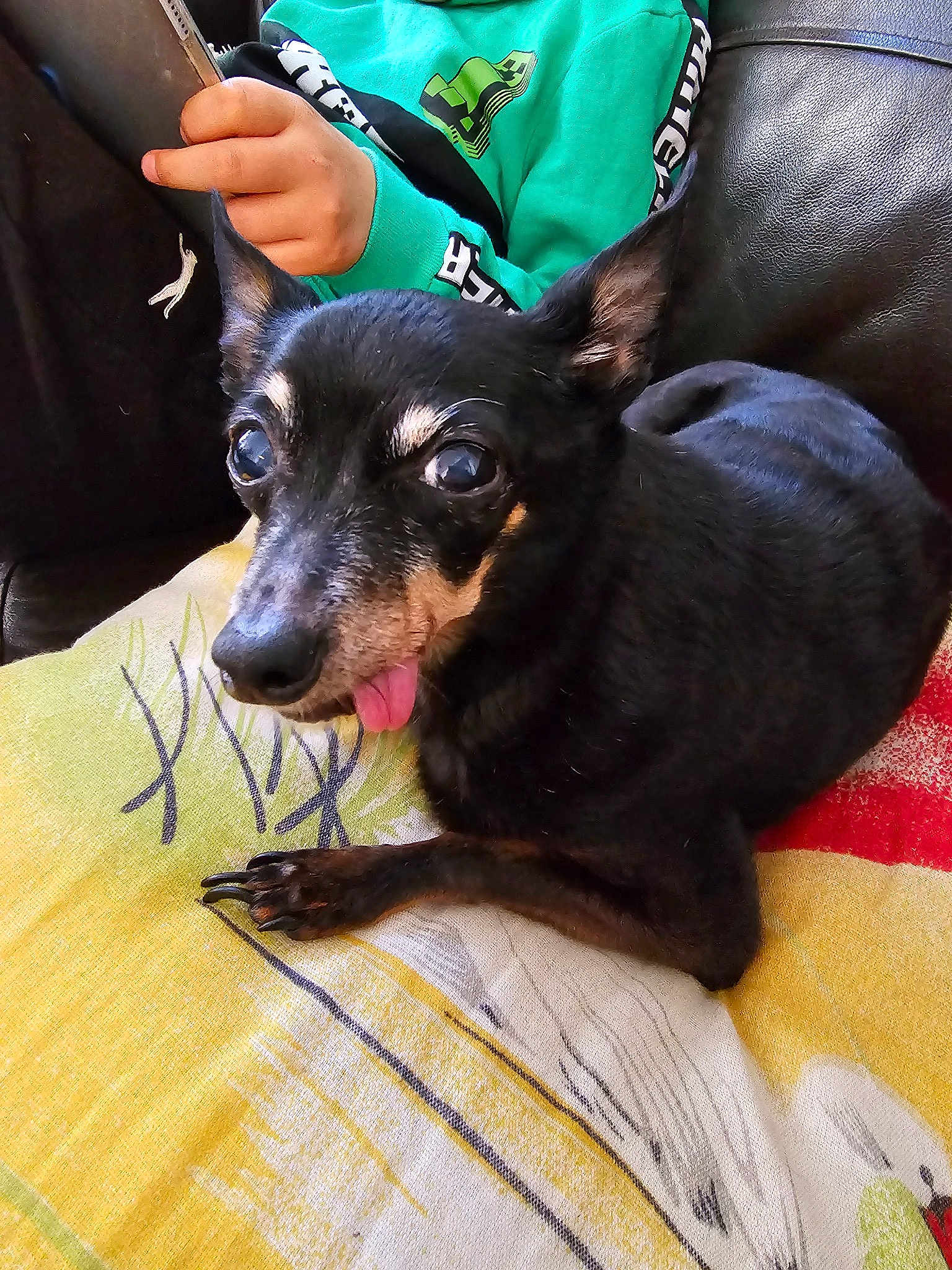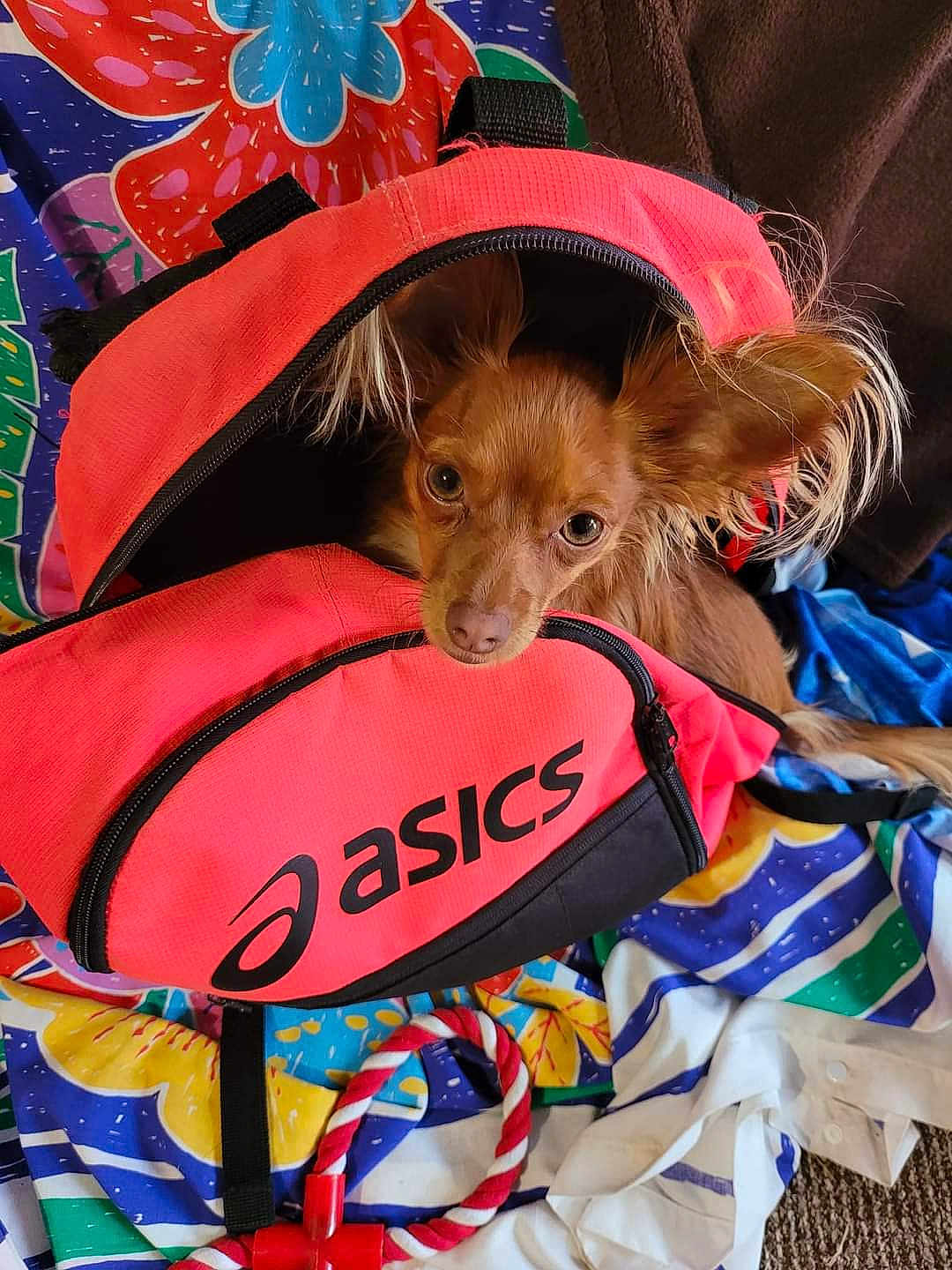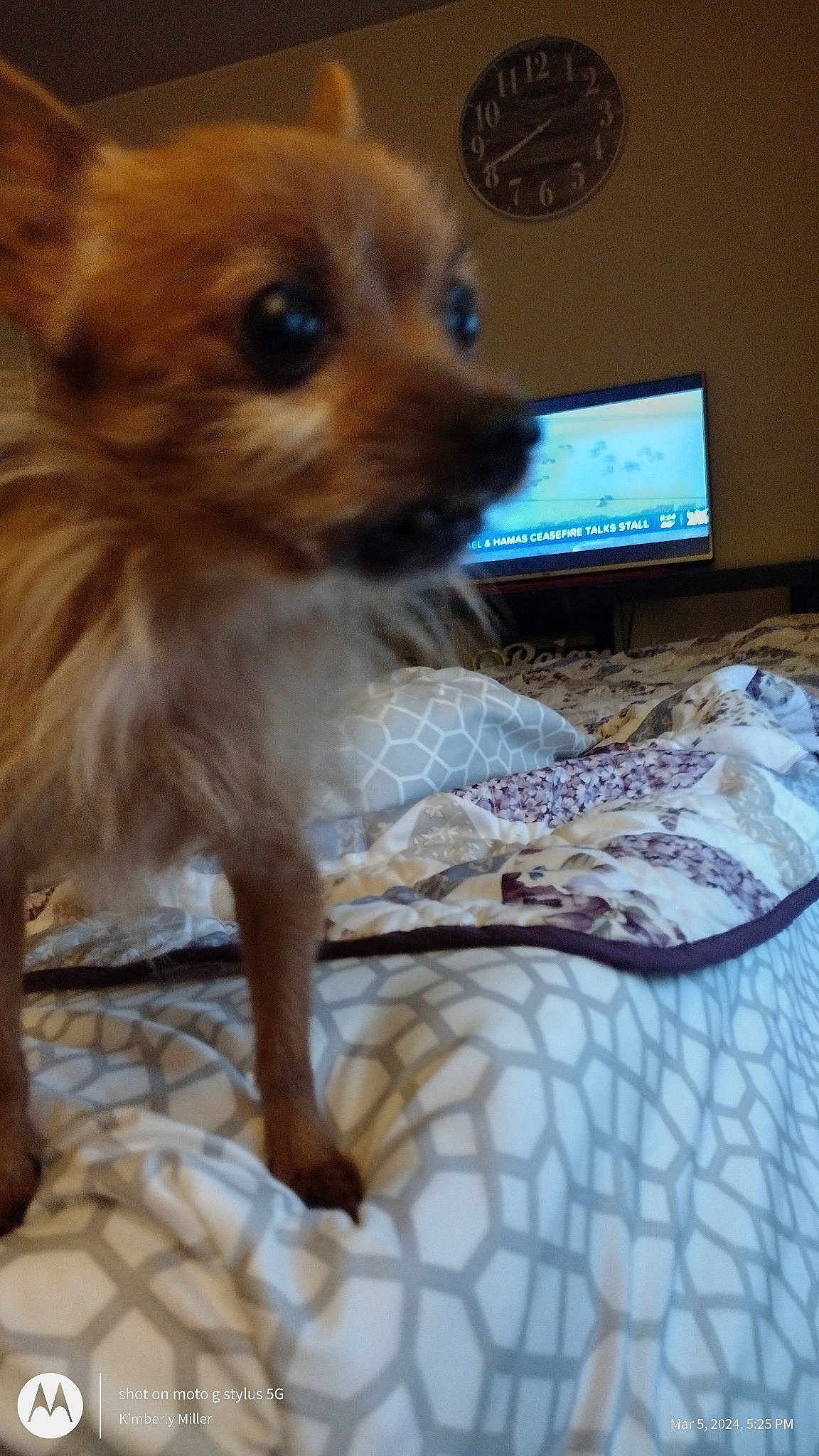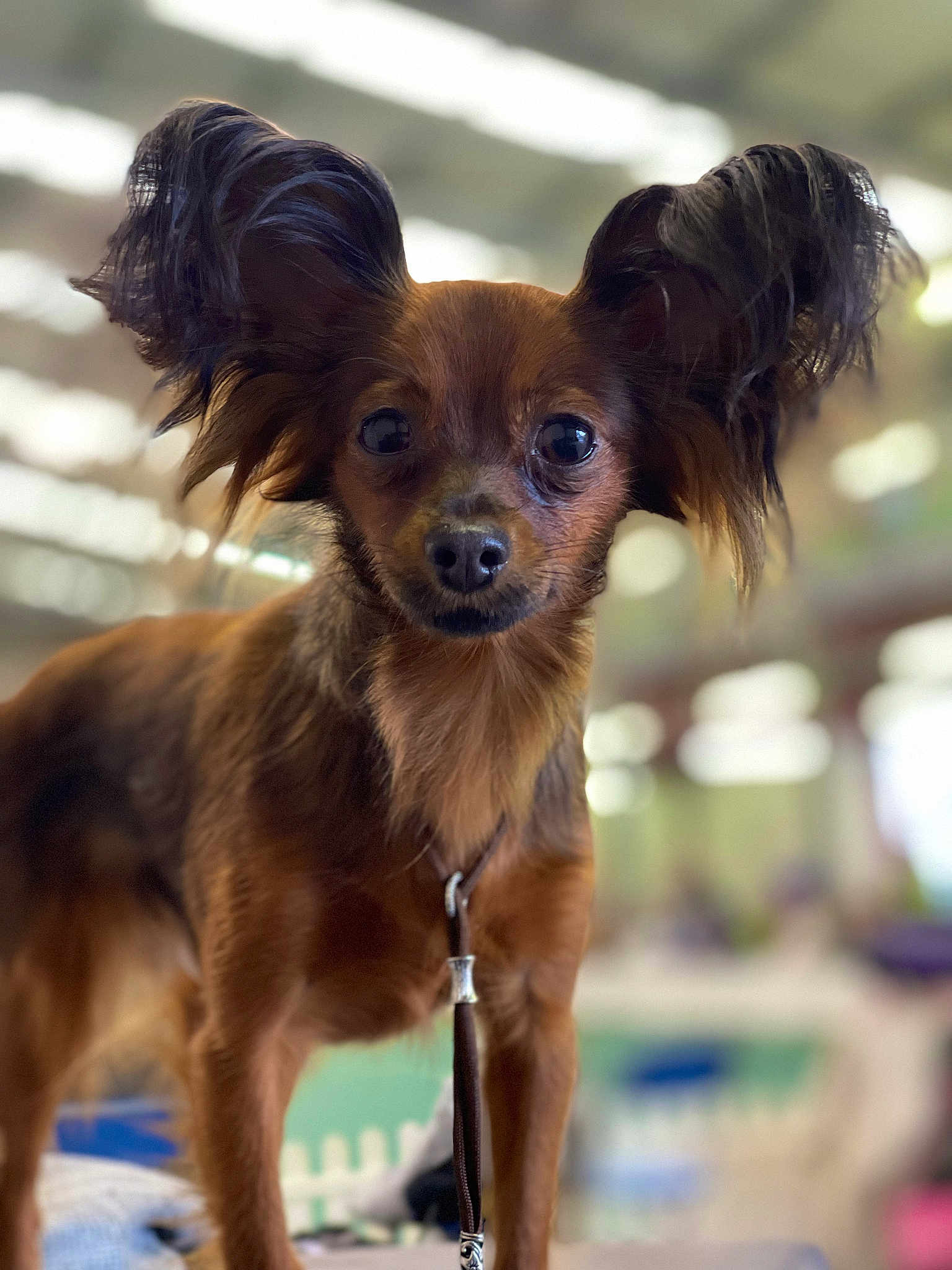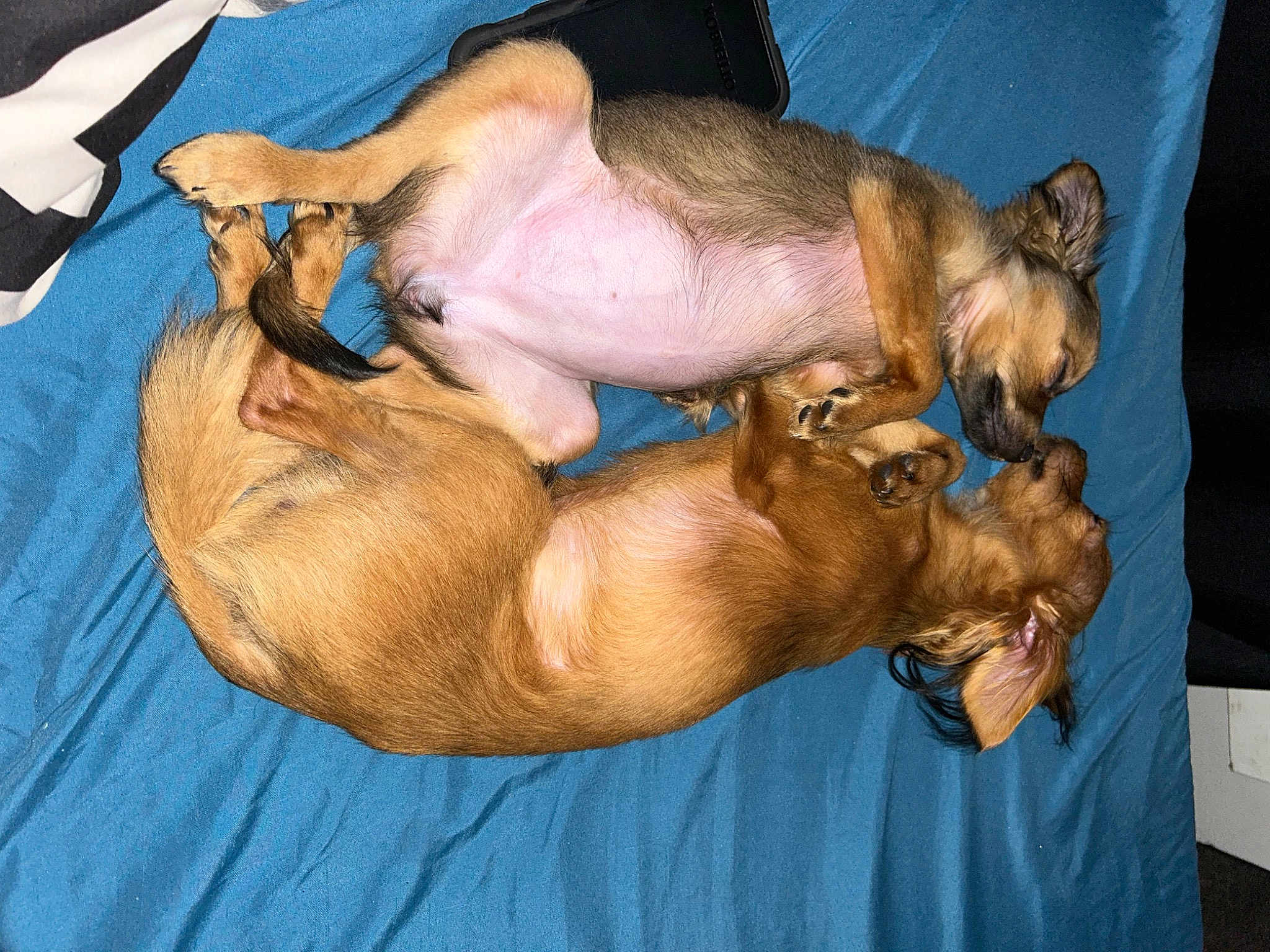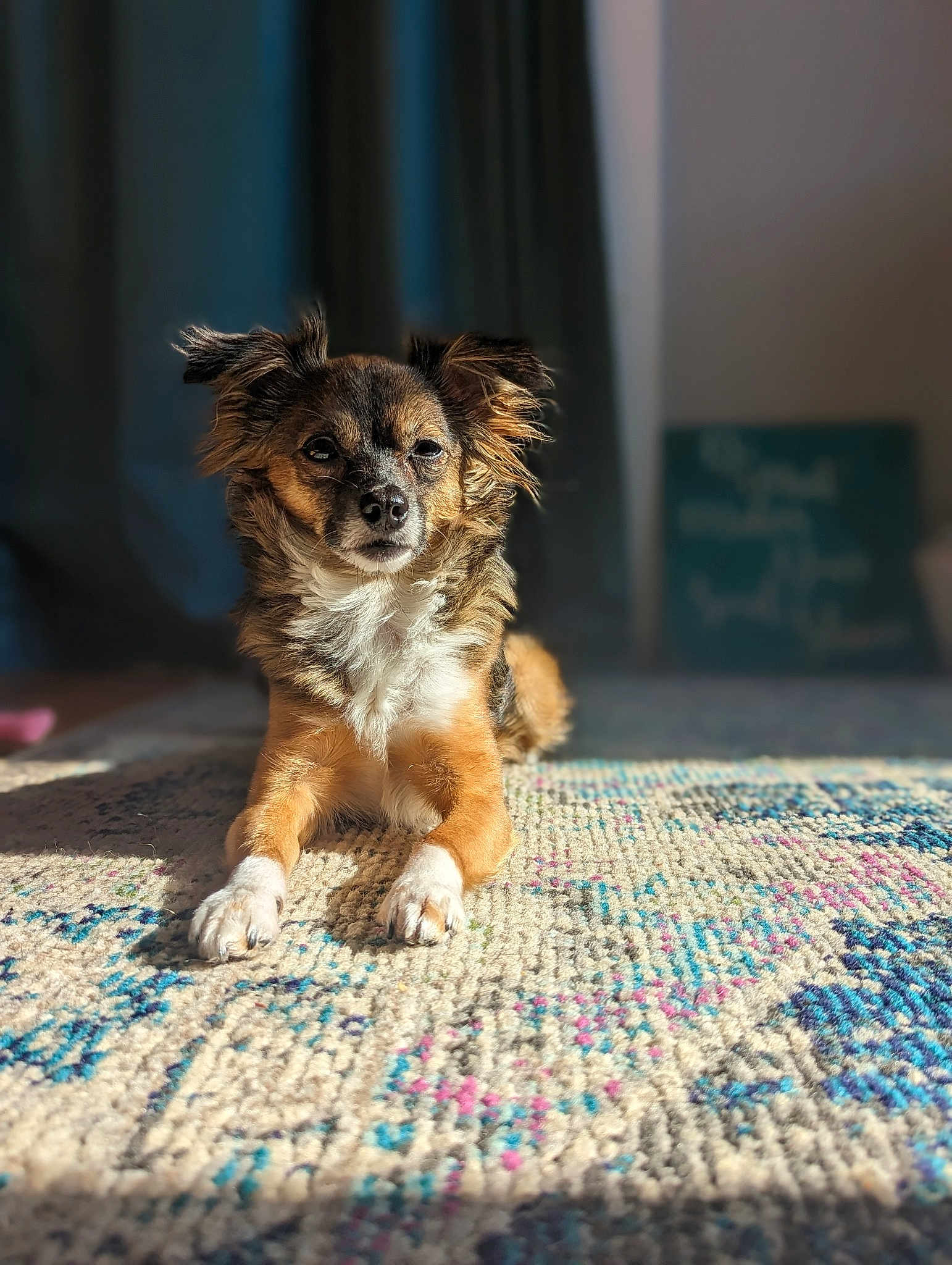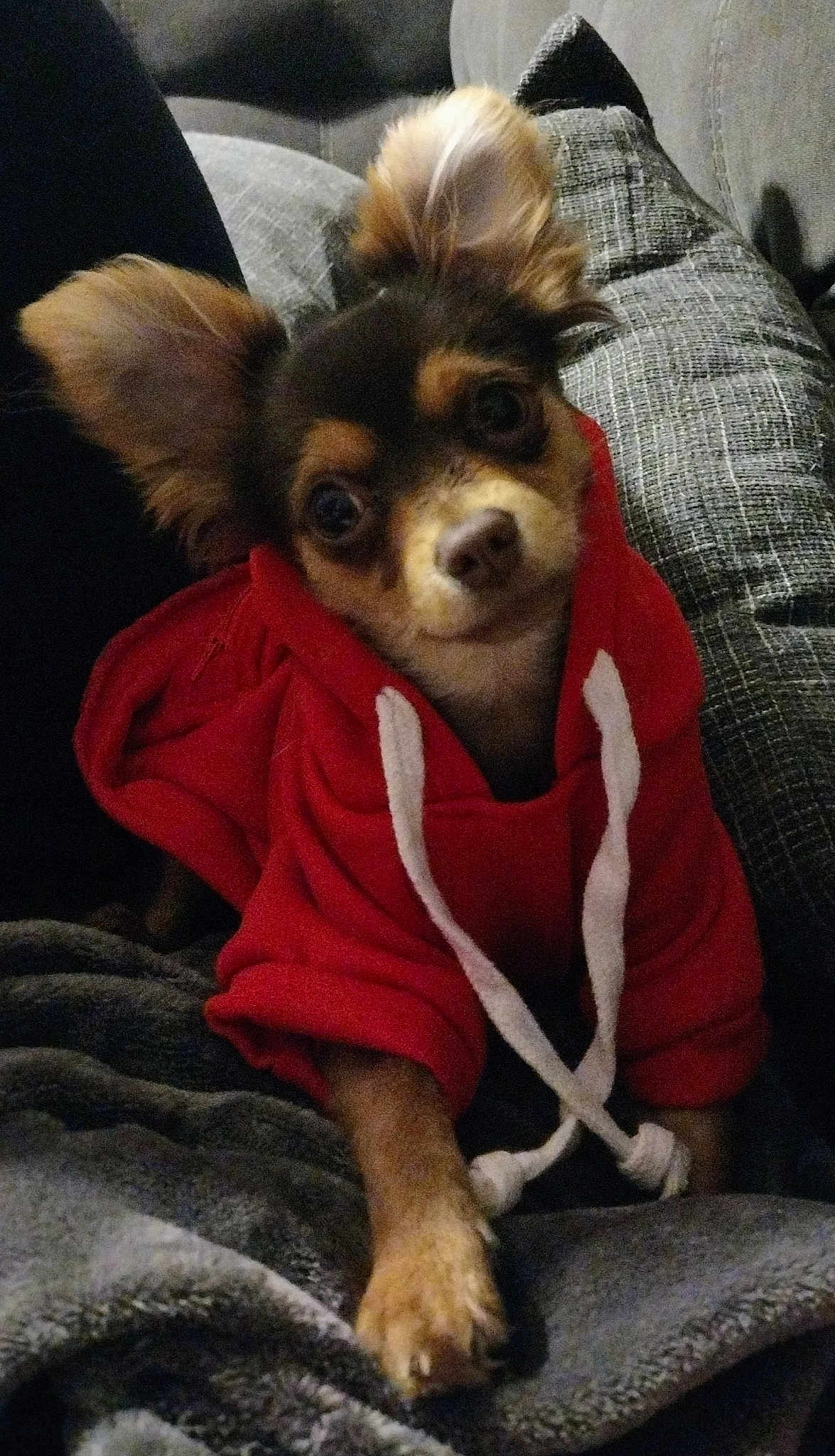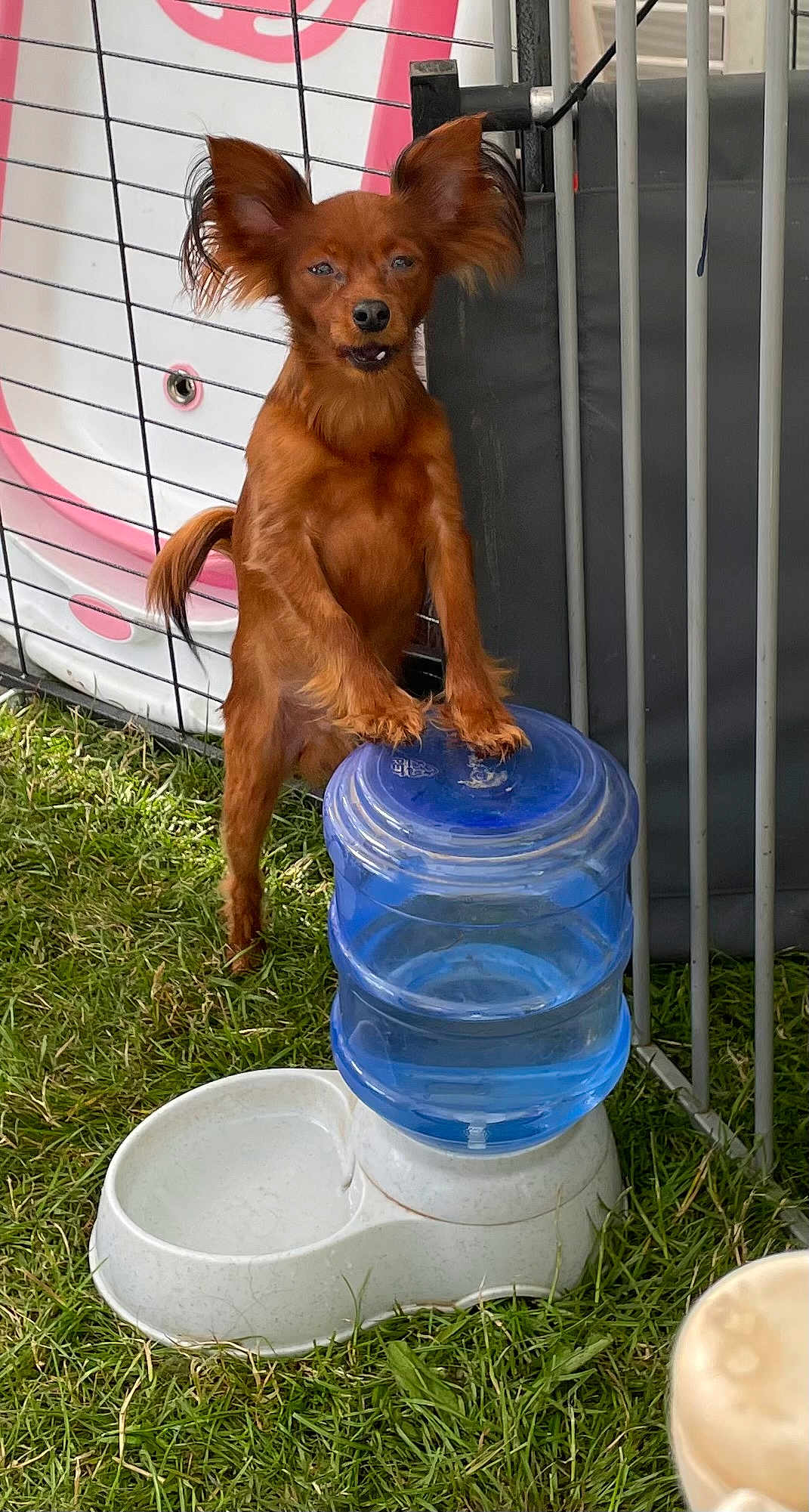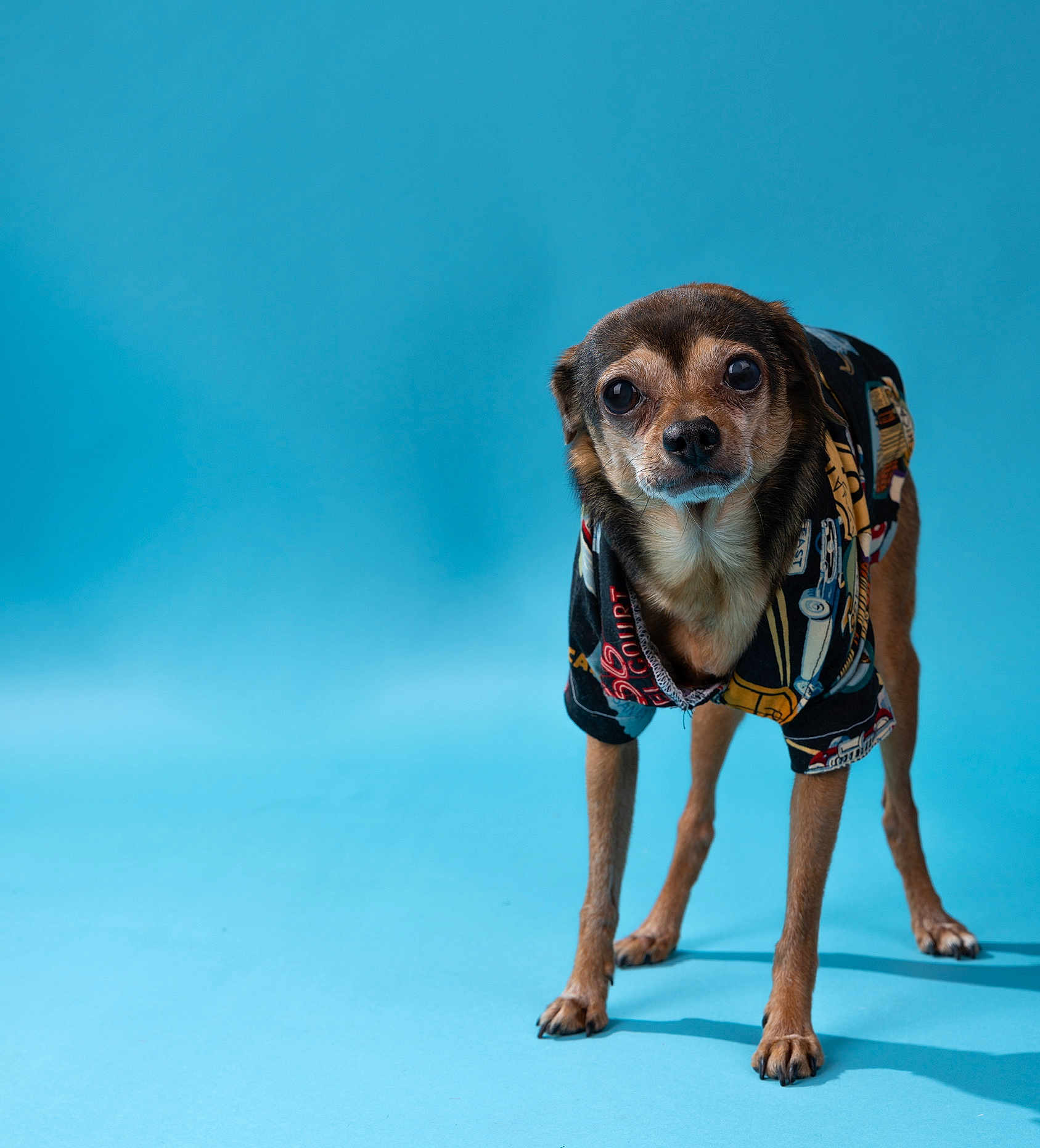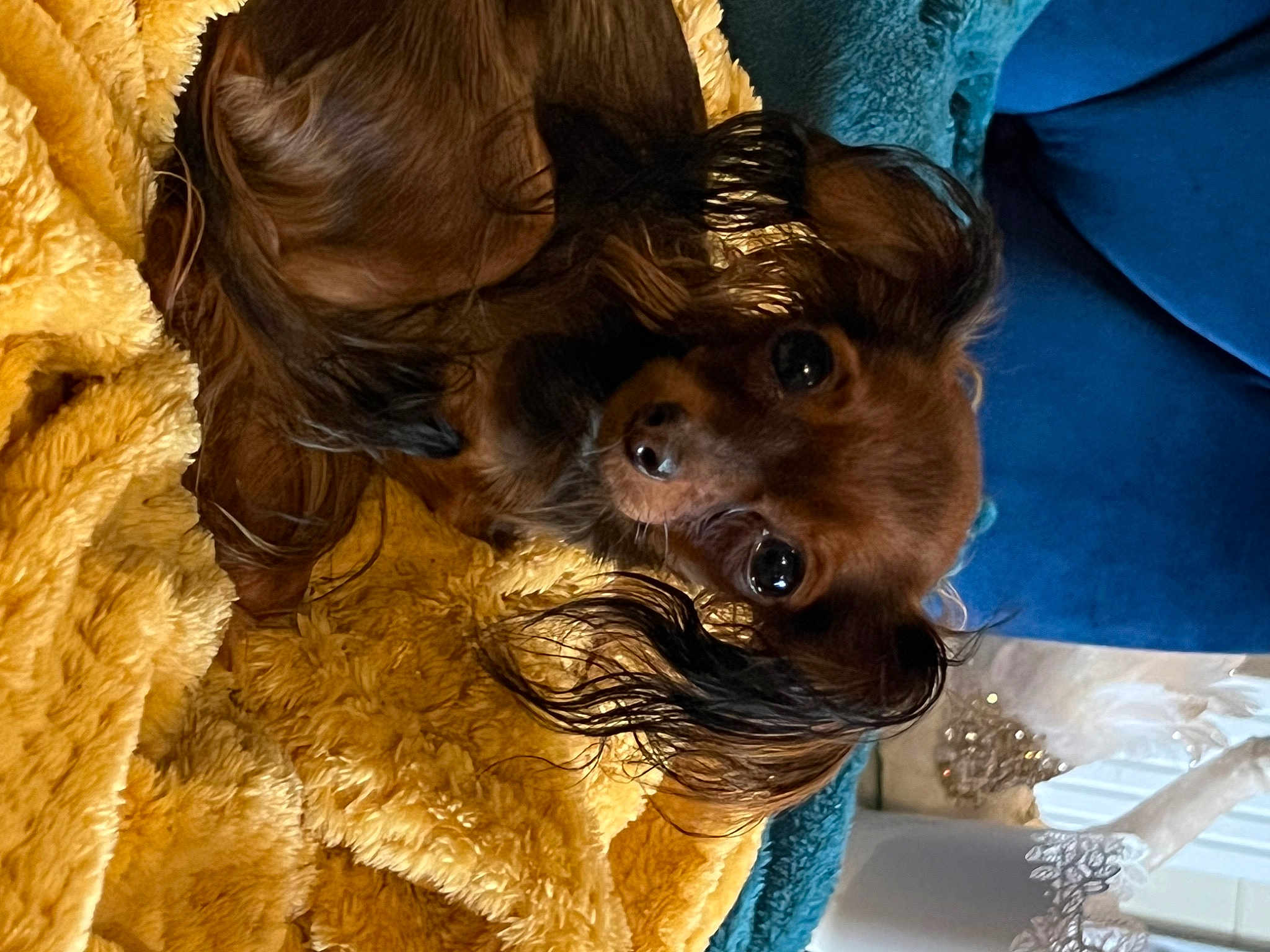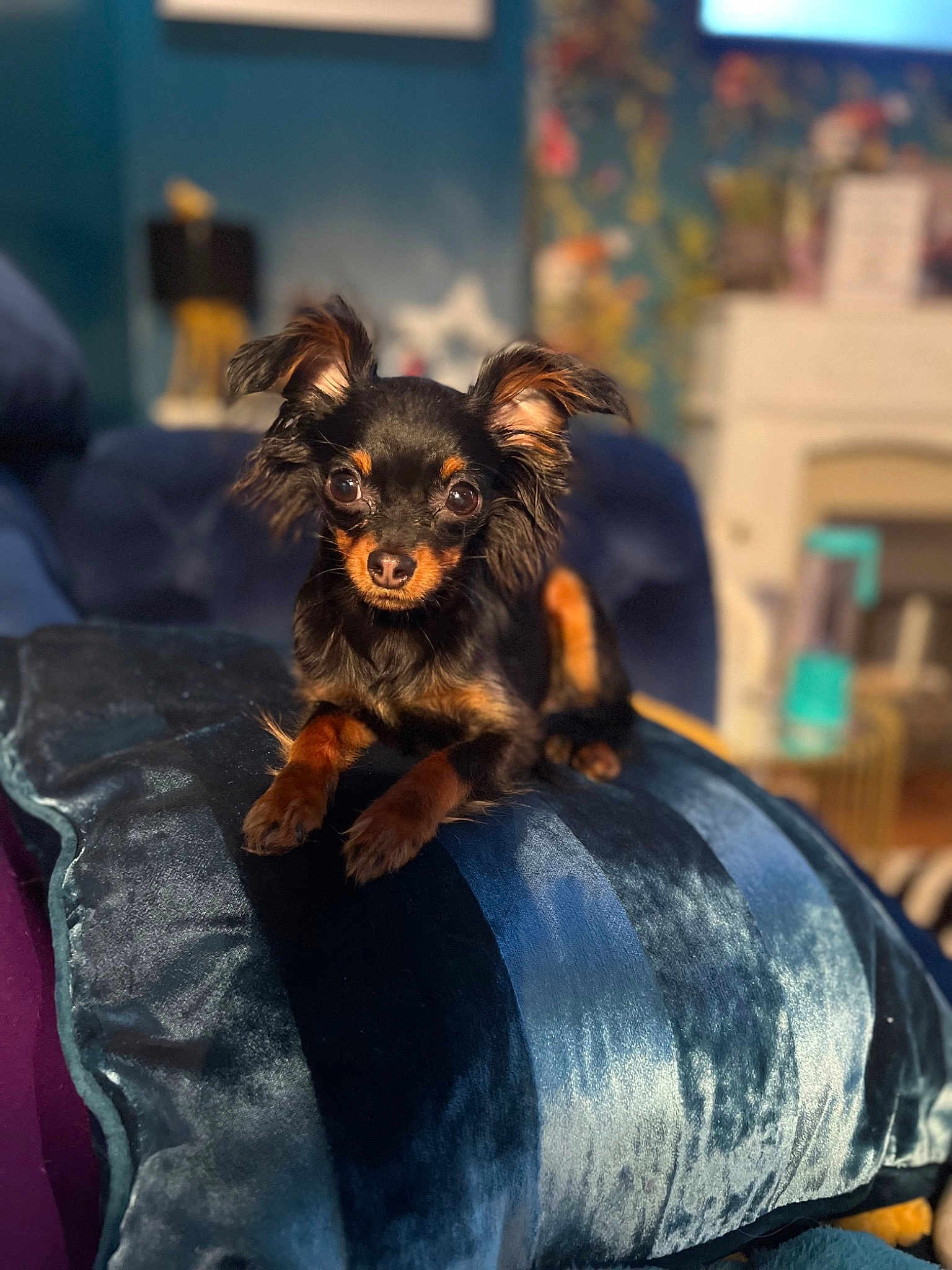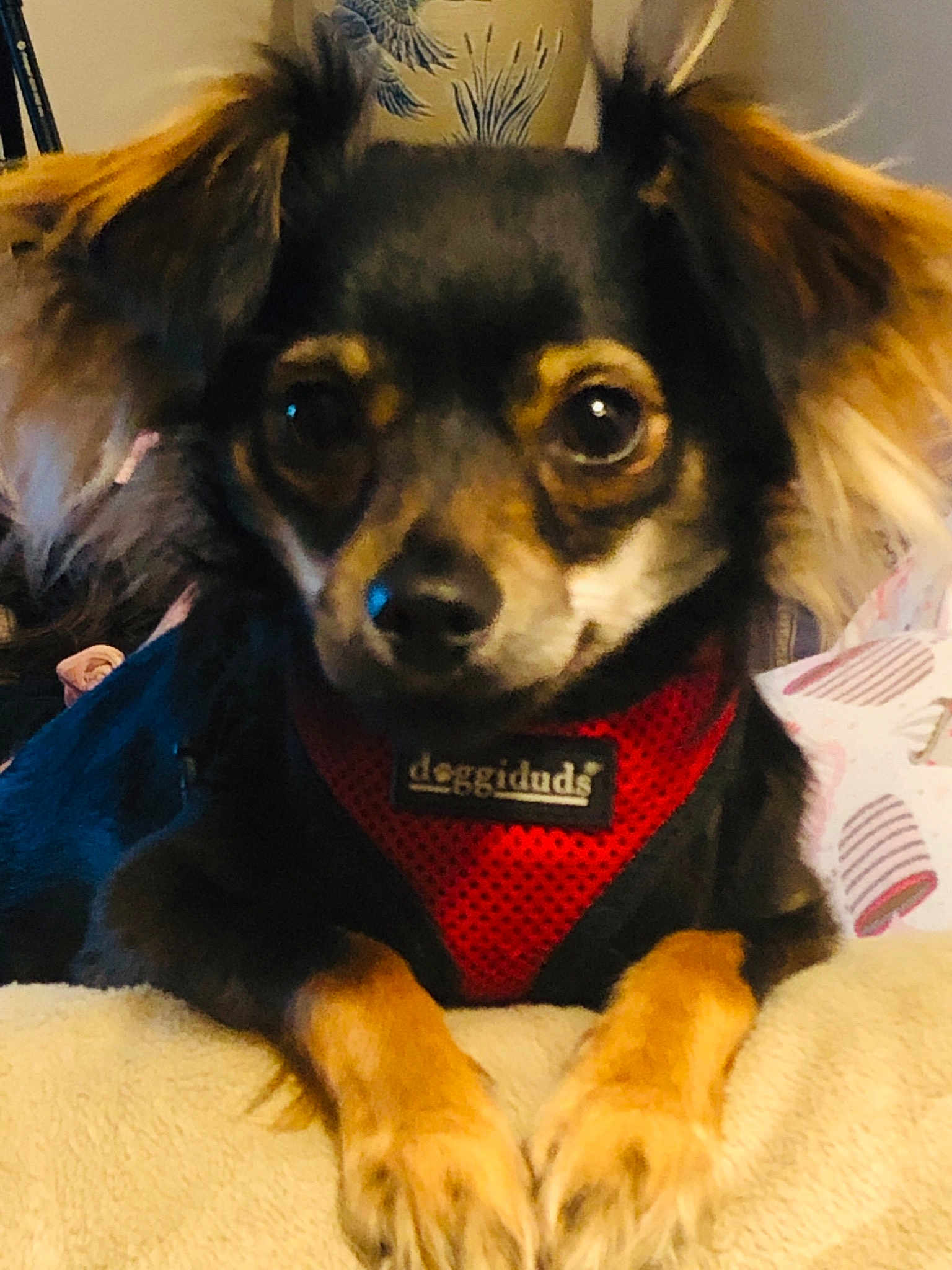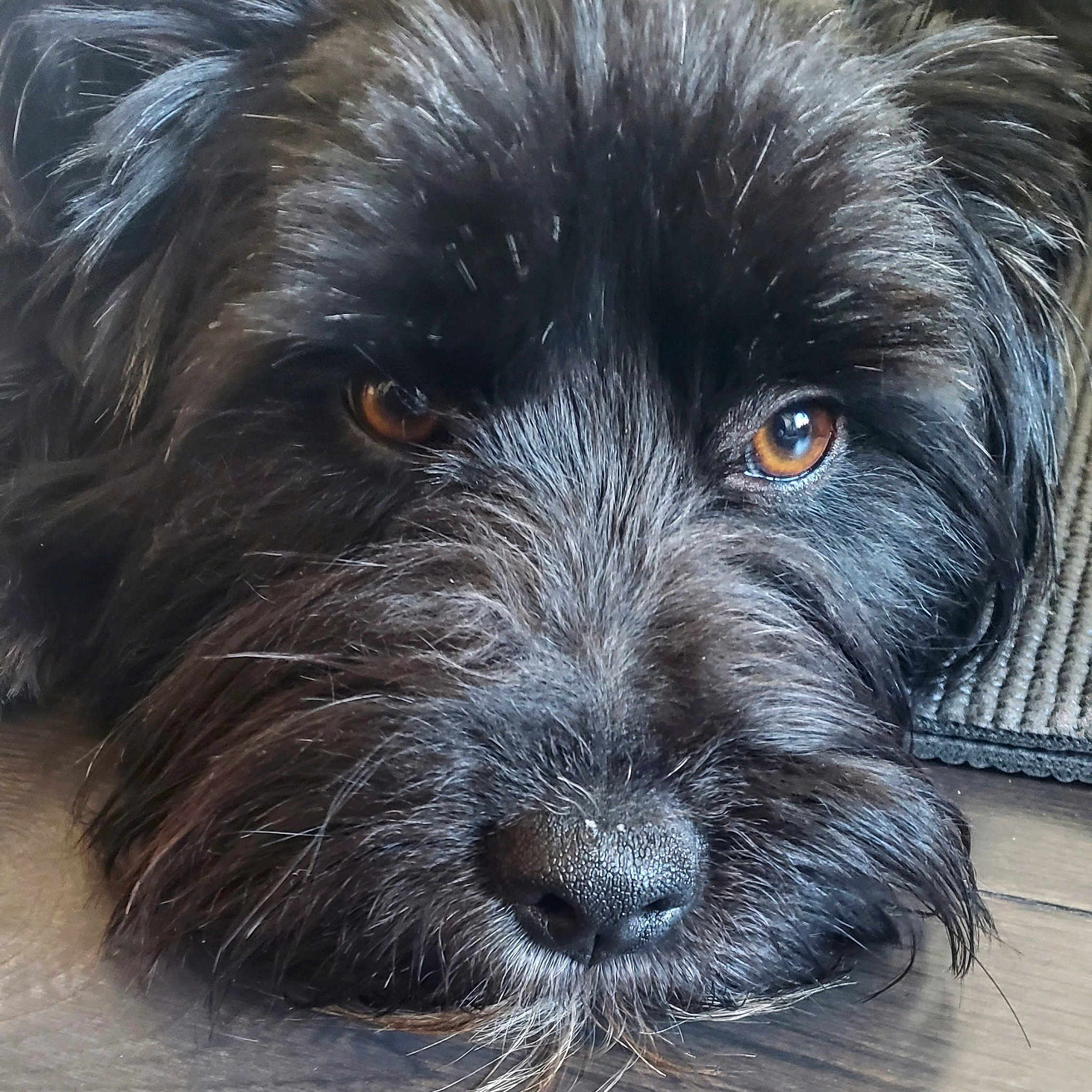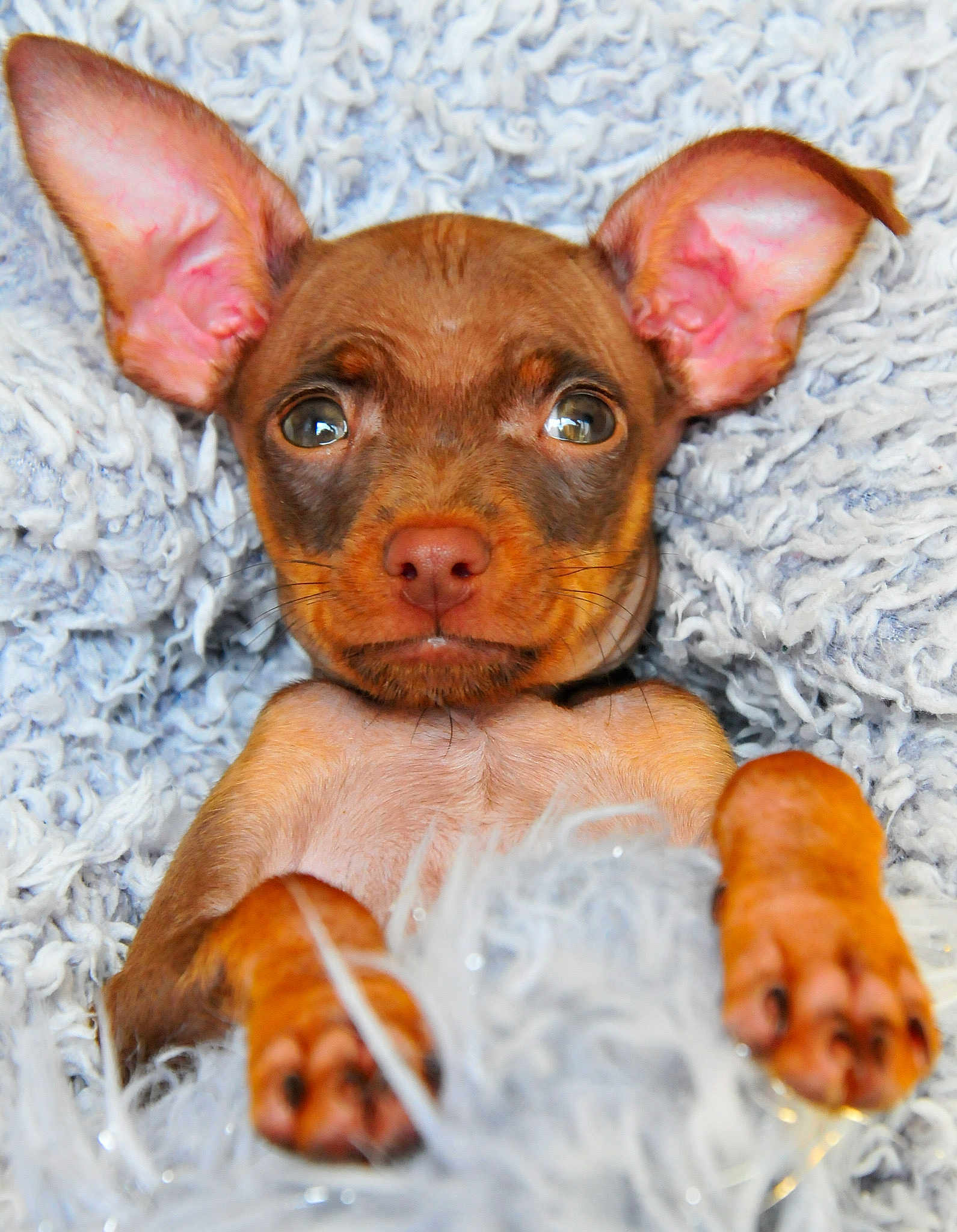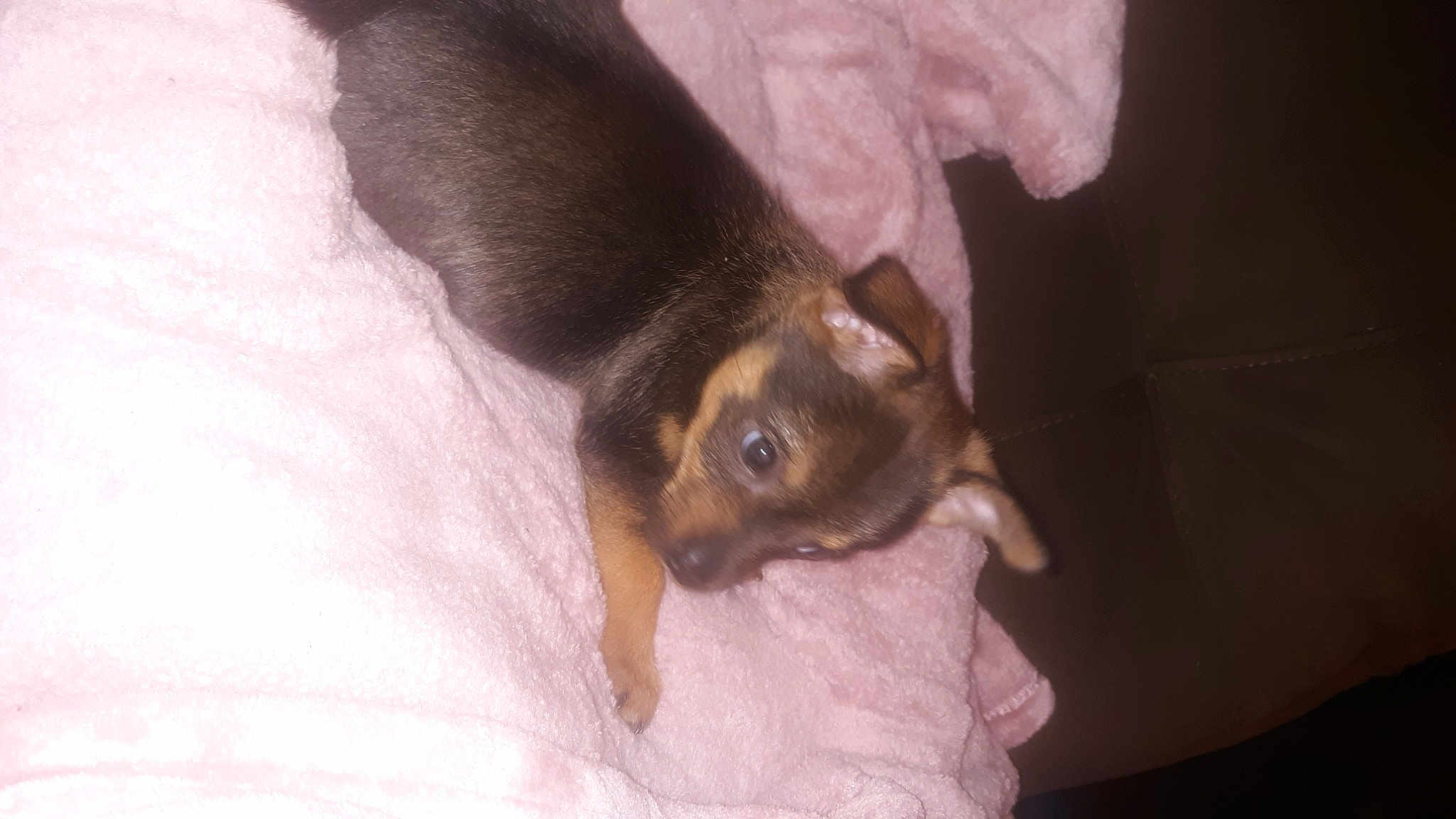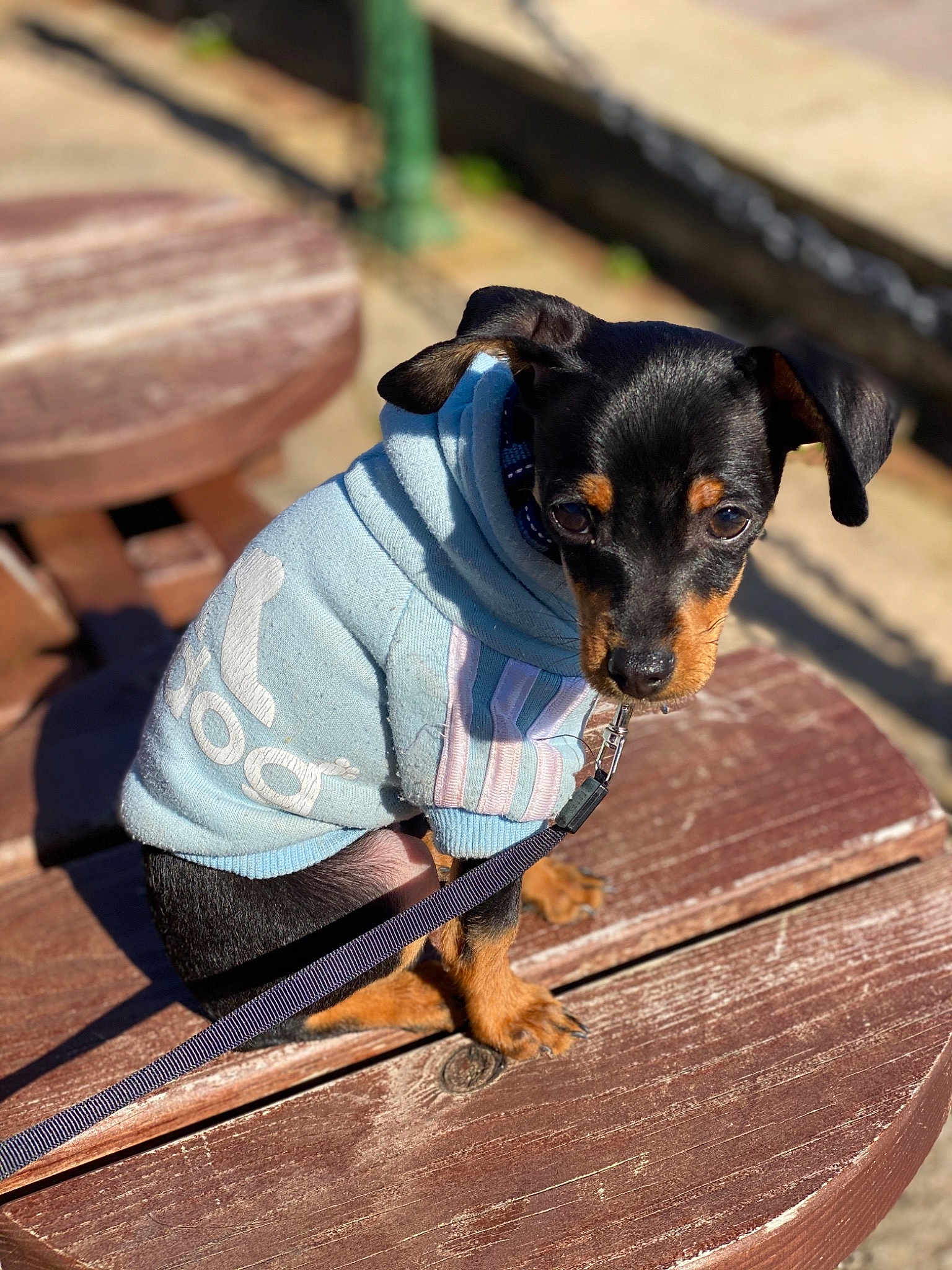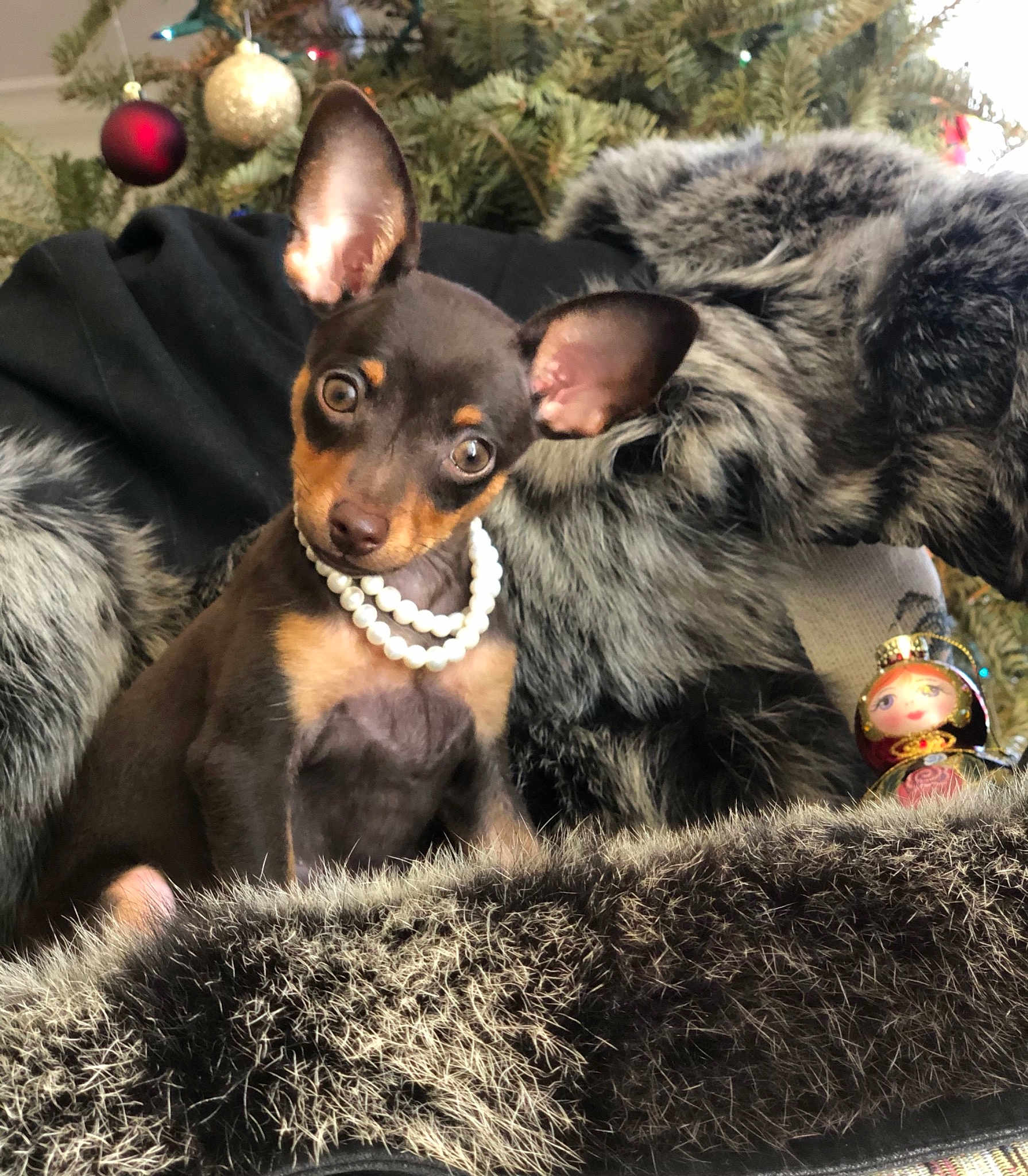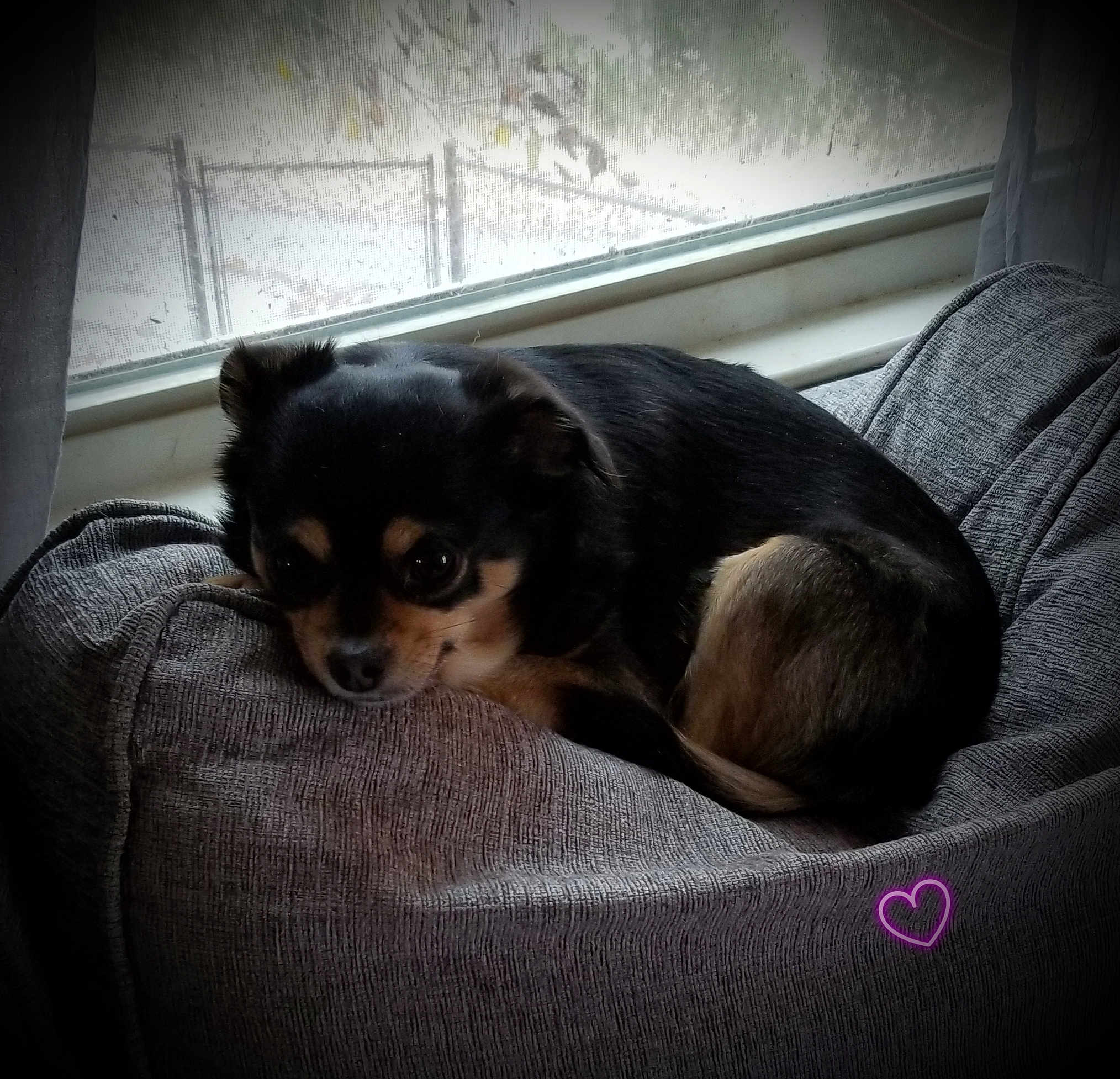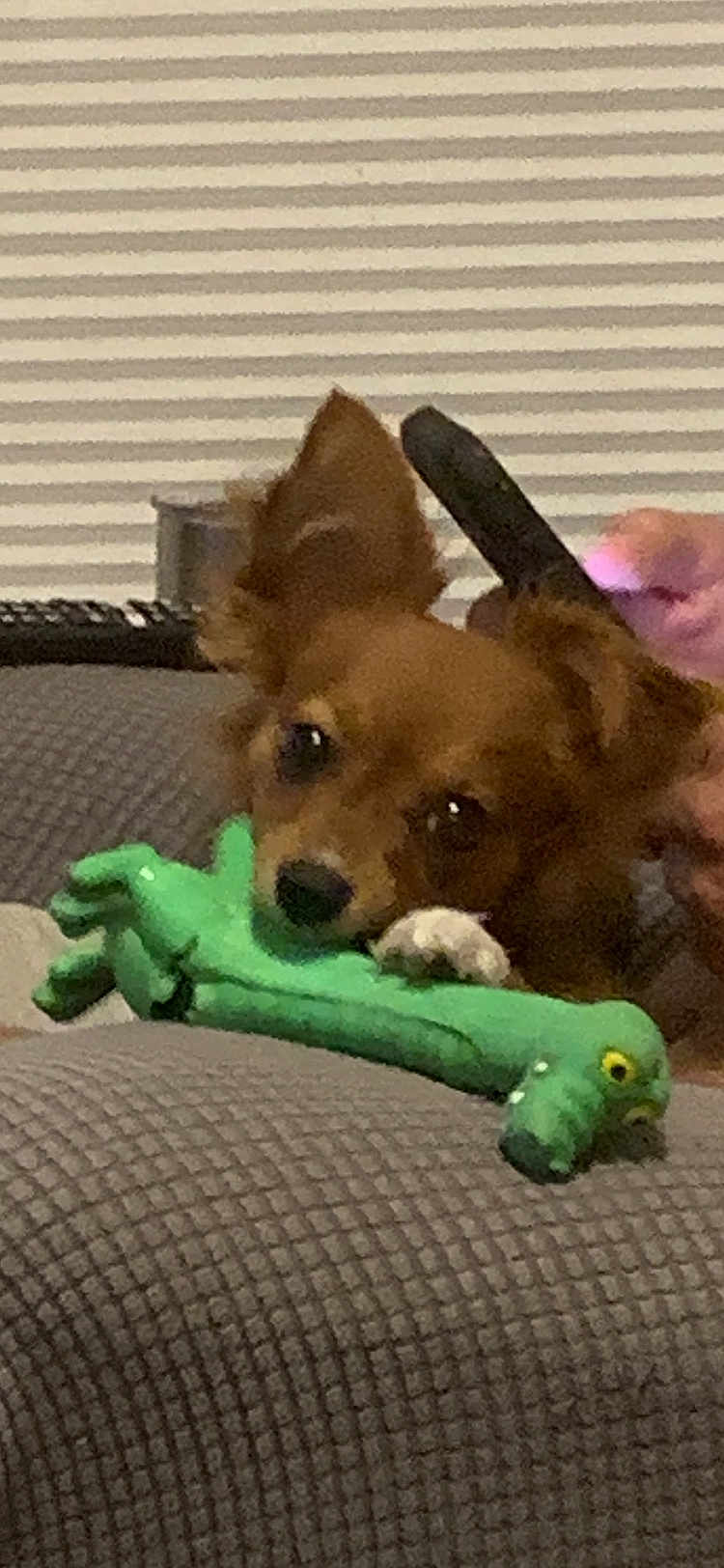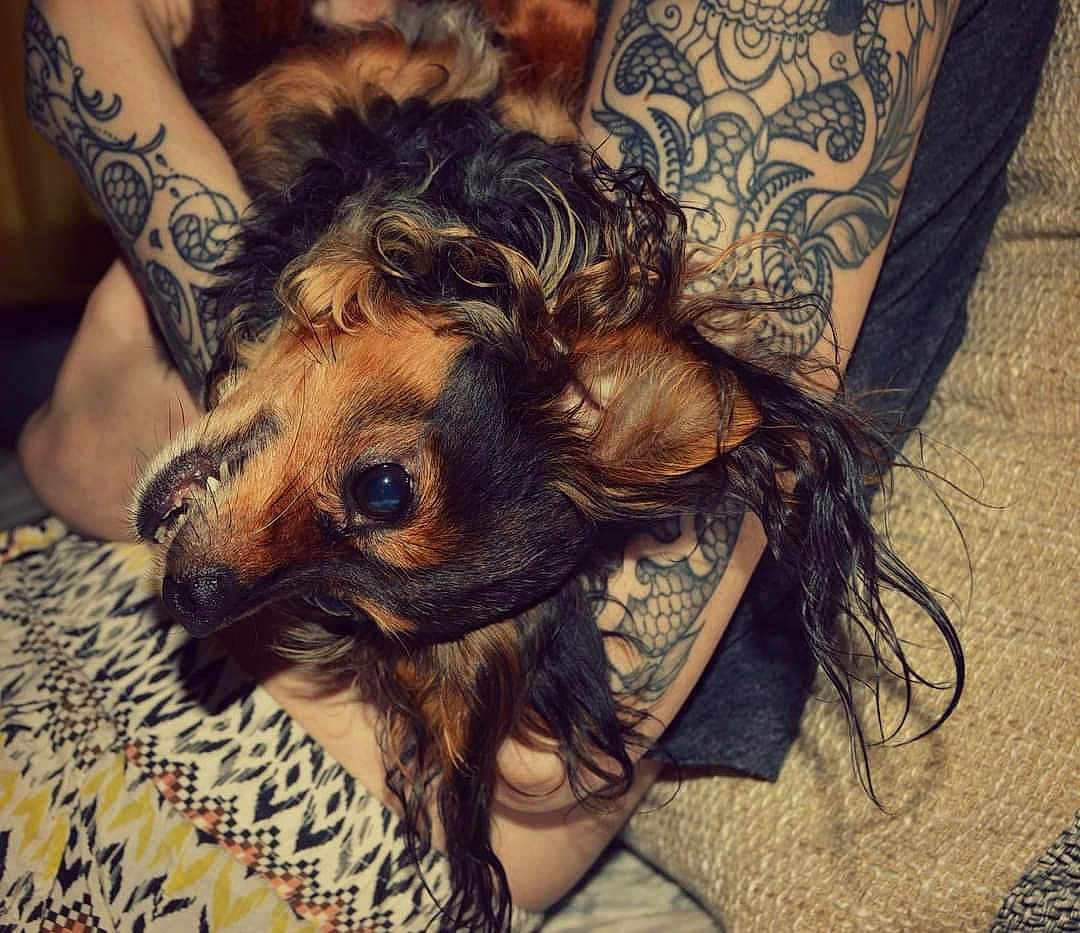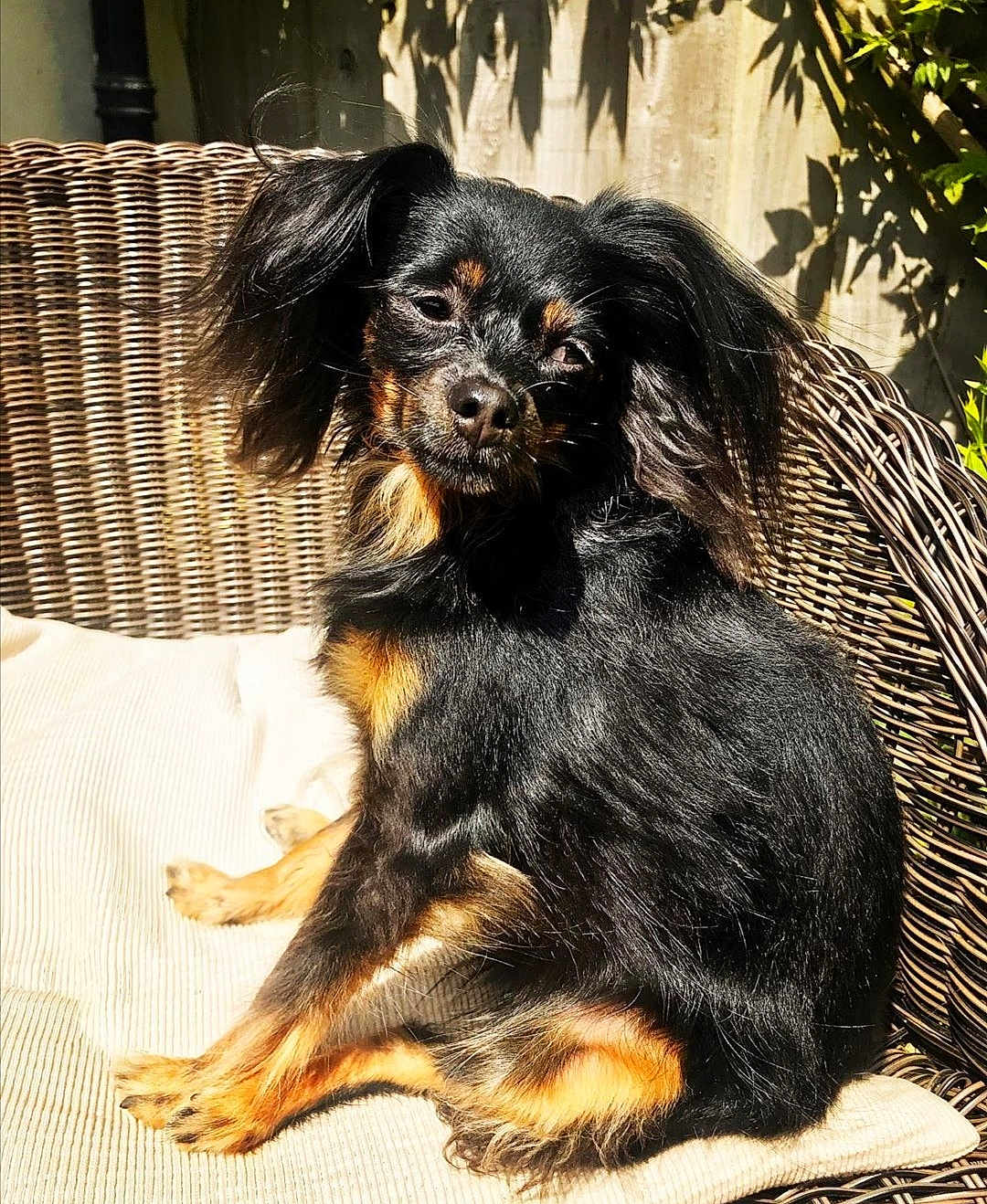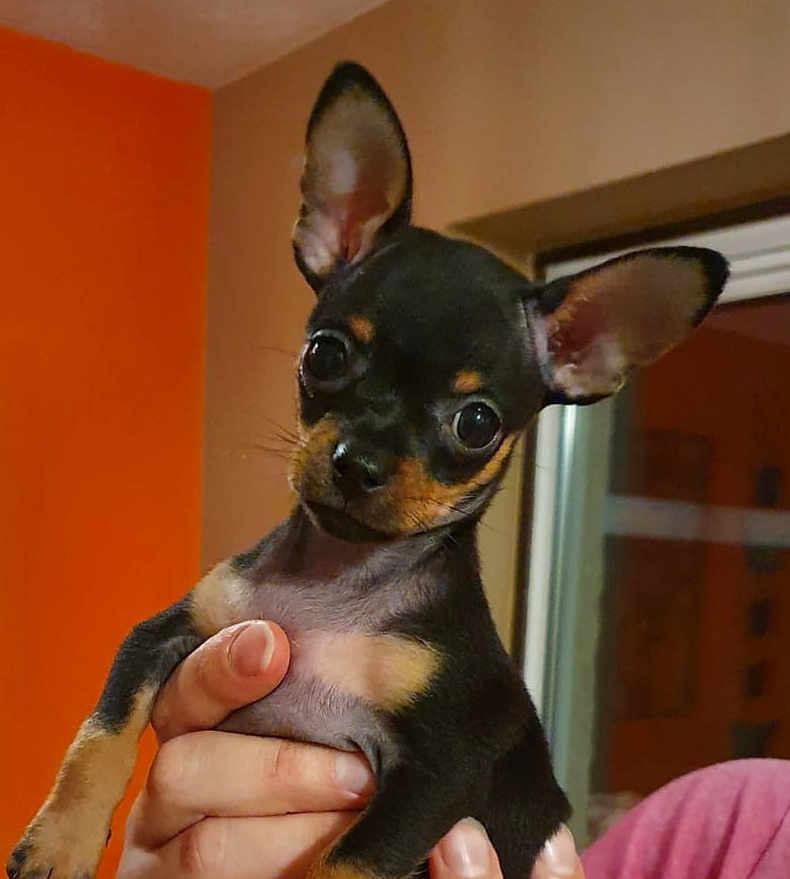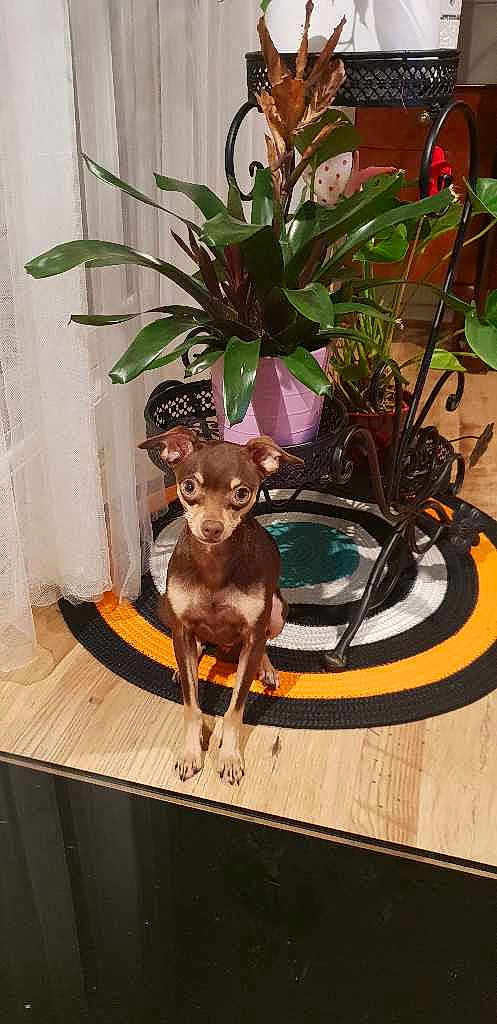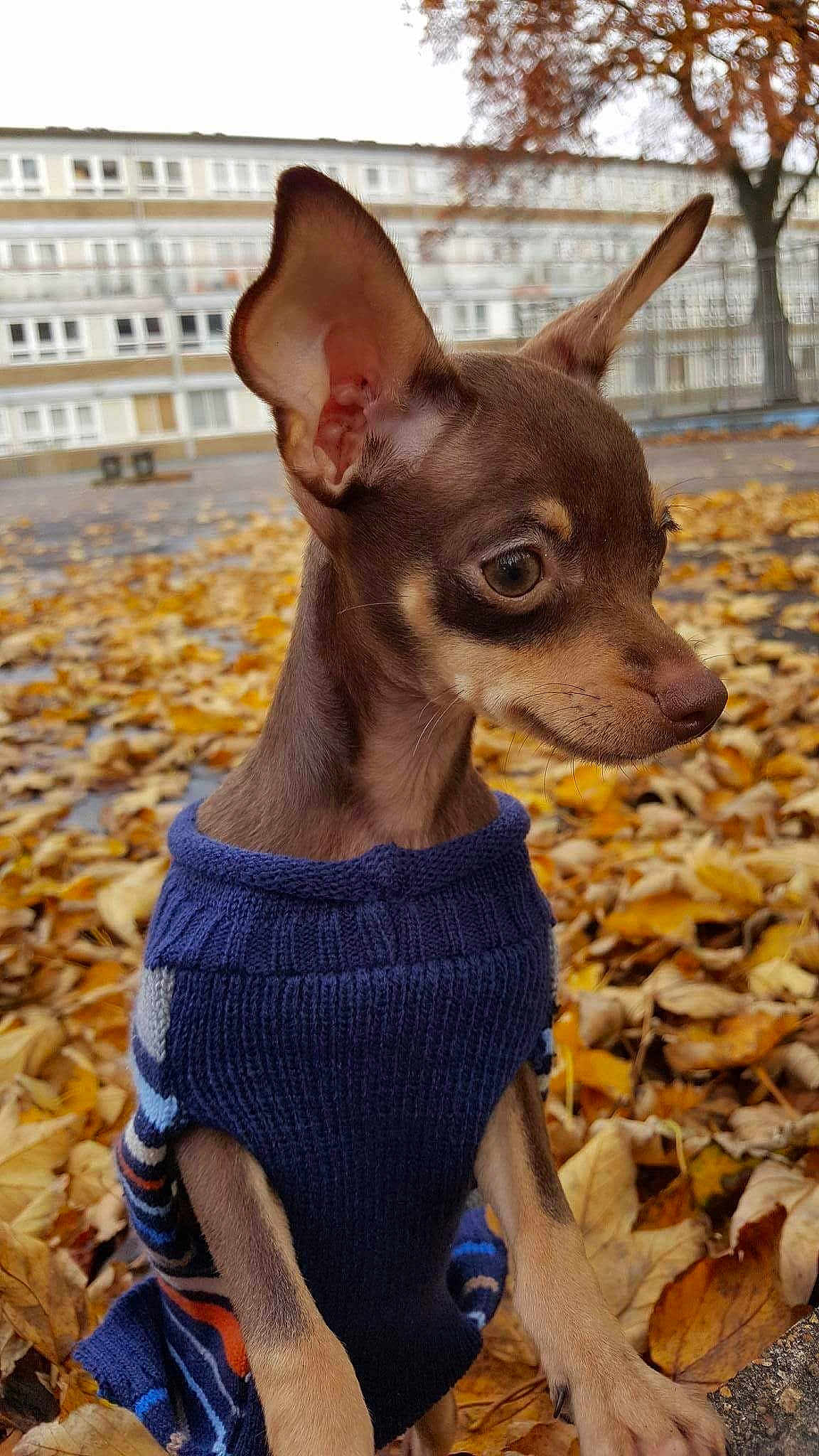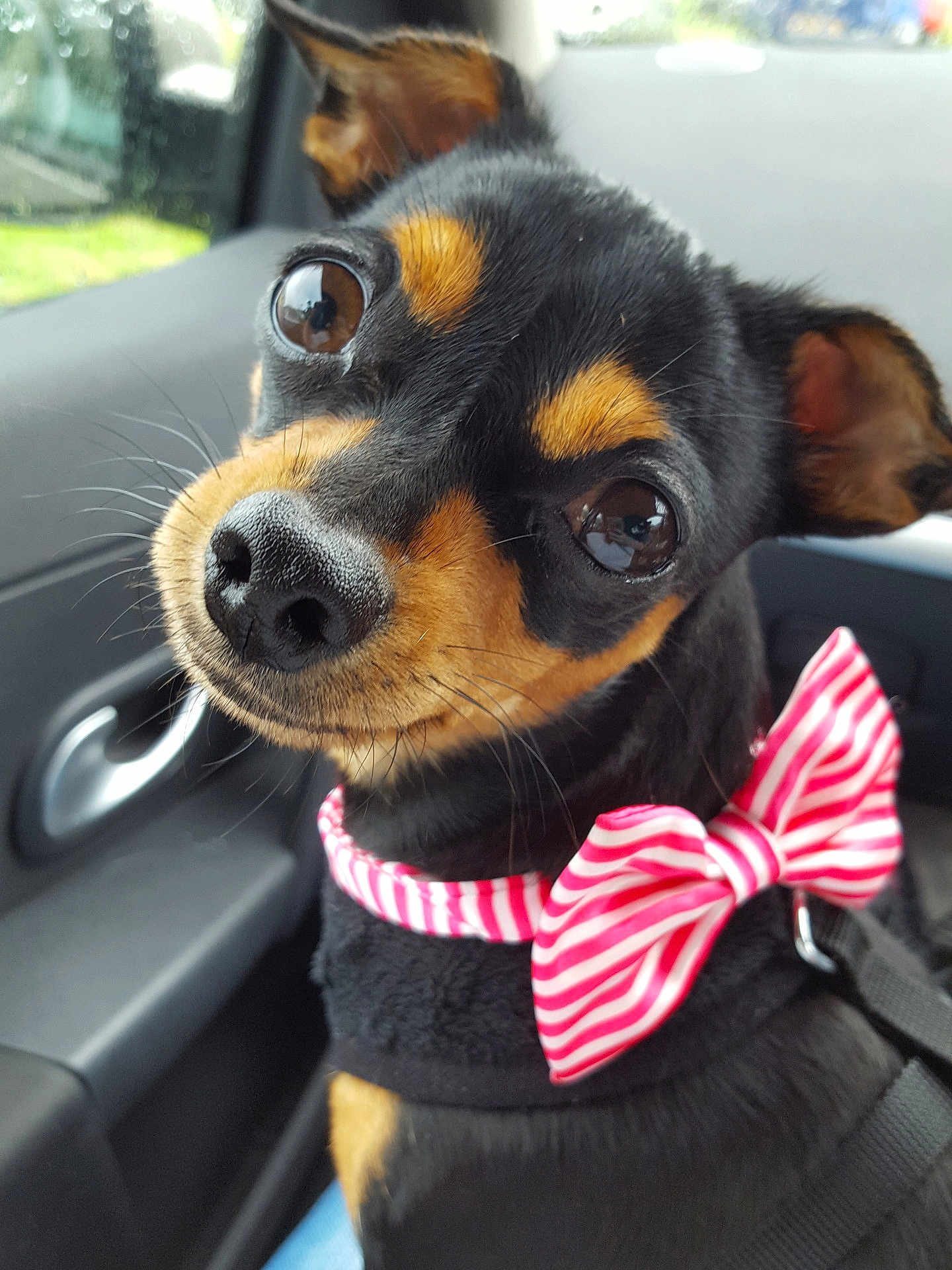
"The world would be a nicer place if everyone had the ability to love as unconditionally as a dog." – M.K. Clinton. Indeed, dogs bring an unparalleled warmth and joy to our lives, with each breed offering its own unique charms. One such delightful breed is the Russian Toy, a petite and elegant companion that has captured the hearts of many dog enthusiasts around the world. Let's delve into what makes the Russian Toy so special and discover if this breed is the perfect fit for you.
Personality and Behavior of the Russian Toy
The Russian Toy is renowned for its spirited and affectionate nature. Despite their small stature, these dogs possess a lively and energetic demeanor that can brighten any household. They are exceptionally friendly and thrive on human interaction, making them wonderful family pets. These little dogs are well-known for their loyalty and often form strong bonds with their owners.
Their playful and curious personalities make them natural entertainers. A Russian Toy tends to be alert and watchful, often serving as an excellent, albeit tiny, watchdog. They are quick to alert their owners of any unusual activity, which is quite remarkable given their size.
Moreover, the Russian Toy is an intelligent breed that enjoys mental stimulation. They excel in learning new tricks and commands, and they often participate successfully in agility and obedience competitions. Their eagerness to please, coupled with their sharp minds, makes them highly trainable.
Yet, despite their vivacious nature, Russian Toys also have a calm and gentle side. They are quite content to snuggle up in their owner's lap, enjoying a quiet moment of affection. This balance of energy and tranquility makes them adaptable to various living environments, from bustling homes to serene apartments.
"Russian Toys are like little magnets of happiness, drawing smiles from everyone they meet with their vivacious charm and boundless affection."
Meanings, History, and Origins of the Name Russian Toy
The name "Russian Toy" reflects the breed's origins and characteristics. This breed traces its roots back to early European toy dogs, particularly those in Russia, where they were cherished by the aristocracy. Initially bred from English Toy Terriers, the Russian Toy evolved distinctly due to selective breeding practices.
The breed was a favorite among the Russian nobility during the 18th and 19th centuries. They were often found in the Russian courts, serving as delightful companions and status symbols. The breed's tiny size and elegant demeanor made them perfect lap dogs for the sophisticated elite.
The name "Toy" succinctly captures the breed's diminutive stature and playful nature. Despite their small size, Russian Toys have a regal bearing, a nod to their aristocratic lineage. The breed nearly faced extinction during the Soviet era but was revived through dedicated breeding efforts, preserving this charming dog for future generations.
Today, the Russian Toy stands as a testament to the resilience and enduring appeal of toy breeds. Their name conjures images of elegance, playfulness, and enduring companionship—hallmarks of the breed's storied history.
Popularity of the Russian Toy
The Russian Toy has seen a growing popularity, particularly in recent years. Historically, the breed was a closely guarded secret among Russian nobility, but today it is gaining recognition beyond its native country.
In English-speaking nations, the Russian Toy is becoming more prevalent, thanks to its winning combination of small size and big personality. As more people discover this breed's charming qualities, it's no surprise that its popularity is on the rise. Russian Toys are particularly appealing to urban dwellers, given their adaptability to apartment living and their low exercise needs.
In the rest of the world, the Russian Toy continues to make strides in recognition and affection. European countries, in particular, have seen a notable increase in Russian Toy enthusiasts. Dog shows and international competitions often feature this breed, where their elegance and agility are on full display.
The breed's rarity, in part due to their near-extinction, adds to their allure. Owning a Russian Toy is like having a piece of living history, a precious gem from the past brought to life in the modern world. This unique blend of historical significance and contemporary charm contributes to their growing popularity globally.
Health and Care of the Russian Toy
Like all breeds, the Russian Toy has specific health needs that owners should be aware of. Generally, they are a healthy breed with a lifespan of around 12-14 years, but they do have some predispositions to certain conditions due to their size and genetic makeup.
Common health concerns for the Russian Toy include patellar luxation, dental issues, and fragile bones. Regular veterinary check-ups are crucial to catch potential problems early. Ensuring they have a balanced diet rich in nutrients is also vital for maintaining overall health. Given their small size, portion control is essential to prevent obesity, which can exacerbate joint issues.
Grooming a Russian Toy is relatively straightforward. Their short or long coat requires regular brushing to keep it looking its best and to minimize shedding. Dental hygiene is particularly important for this breed. Regular brushing of their teeth and providing dental chews can help prevent tartar buildup and dental diseases.
Exercise needs for the Russian Toy are moderate. They enjoy playtime and short walks but are equally content to expend their energy indoors. Mental stimulation through interactive toys and puzzles is beneficial, keeping their sharp minds engaged.
Training and Education of the Russian Toy
Training a Russian Toy can be a rewarding experience, given their intelligence and eagerness to please. Positive reinforcement techniques, such as treats and praise, work particularly well with this breed. Their quick learning ability enables them to grasp commands and tricks swiftly.
Socialization is crucial for the Russian Toy from a young age. Exposure to various environments, people, and other animals helps them develop into well-rounded dogs. This breed can sometimes be wary of strangers, so early socialization can help curb any tendencies towards excessive alertness or shyness.
One challenge in training can be the Russian Toy's independent streak. While they are eager to please, they can also be a bit stubborn. Consistency and patience are key. Short, varied training sessions can help keep their attention and prevent boredom.
Housebreaking can sometimes be a bit tricky due to their small bladder size, but with consistent routines and positive reinforcement, it is entirely achievable. Crate training can also be beneficial, providing them with a safe and secure space.
Training a Russian Toy is not just about obedience; it's also about nurturing their innate curiosity and intelligence. Engaging them in activities like agility training or interactive games can be particularly rewarding for both the dog and the owner.
In choosing the right dog for your home, consider factors such as your living environment, lifestyle, and the time you can dedicate to training and care. The Russian Toy, with its blend of elegance, intelligence, and affection, can make an excellent companion for those who appreciate a small dog with a big heart.
In conclusion, the Russian Toy stands as a testament to the enduring charm and historical significance of toy breeds. Their delightful personality, coupled with their aristocratic lineage, makes them a unique addition to any family. At KingPet, we see many Russian Toys taking part in our contests, each bringing their own spark of joy and charm. So, if you're looking for a dog that combines elegance, intelligence, and a playful spirit, the Russian Toy might just be the perfect breed for you.






